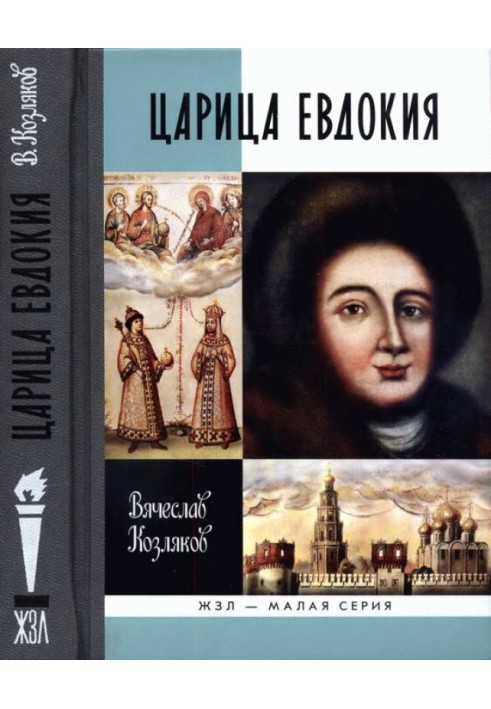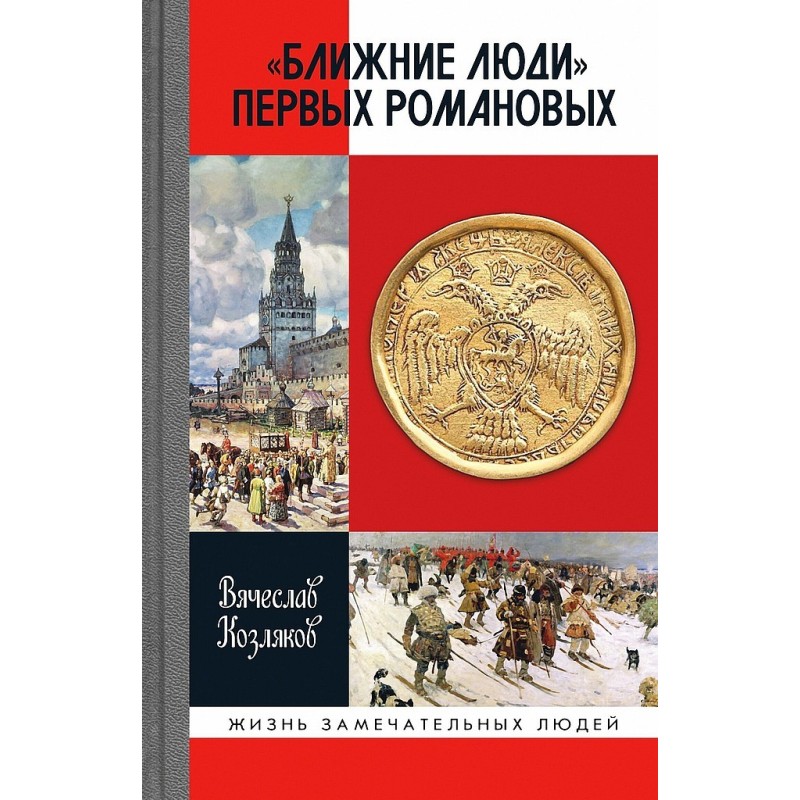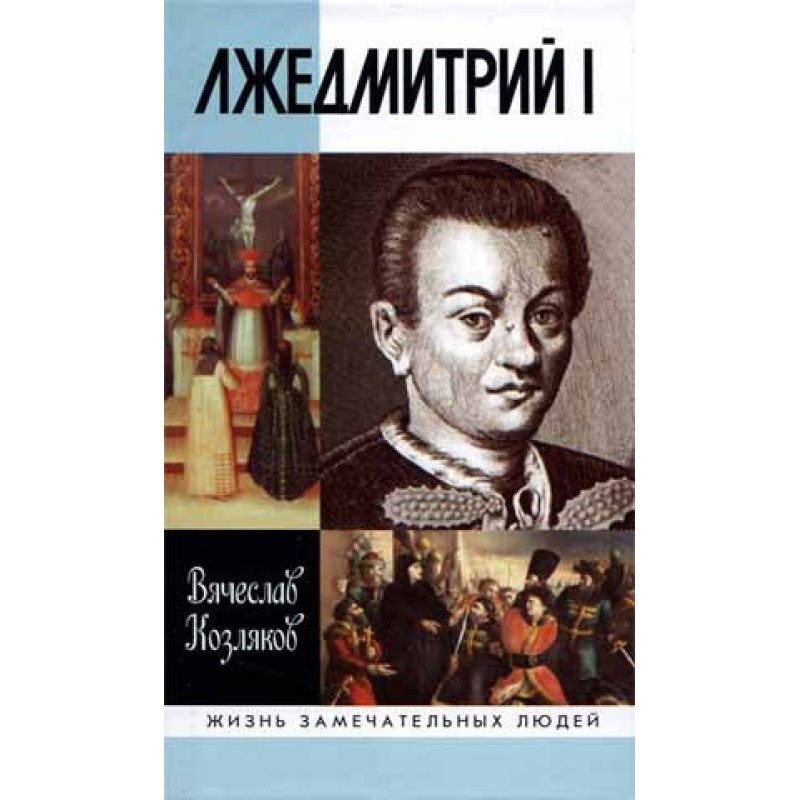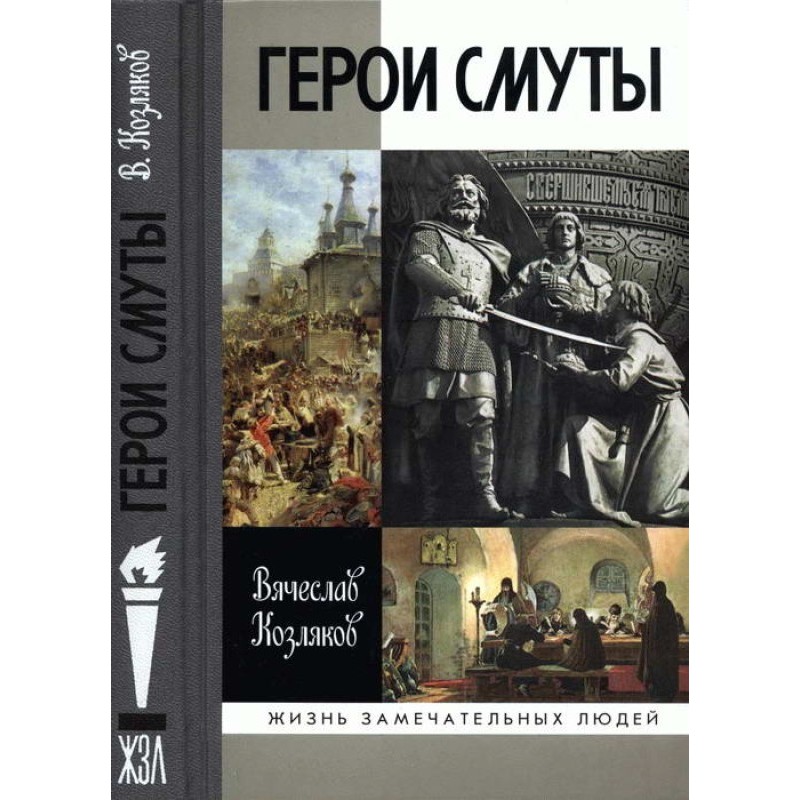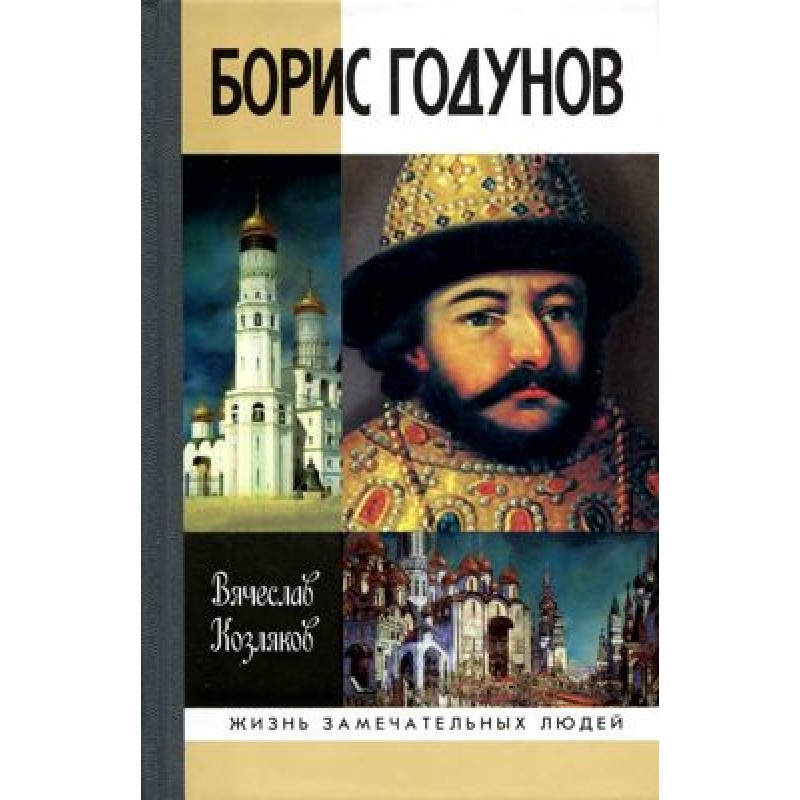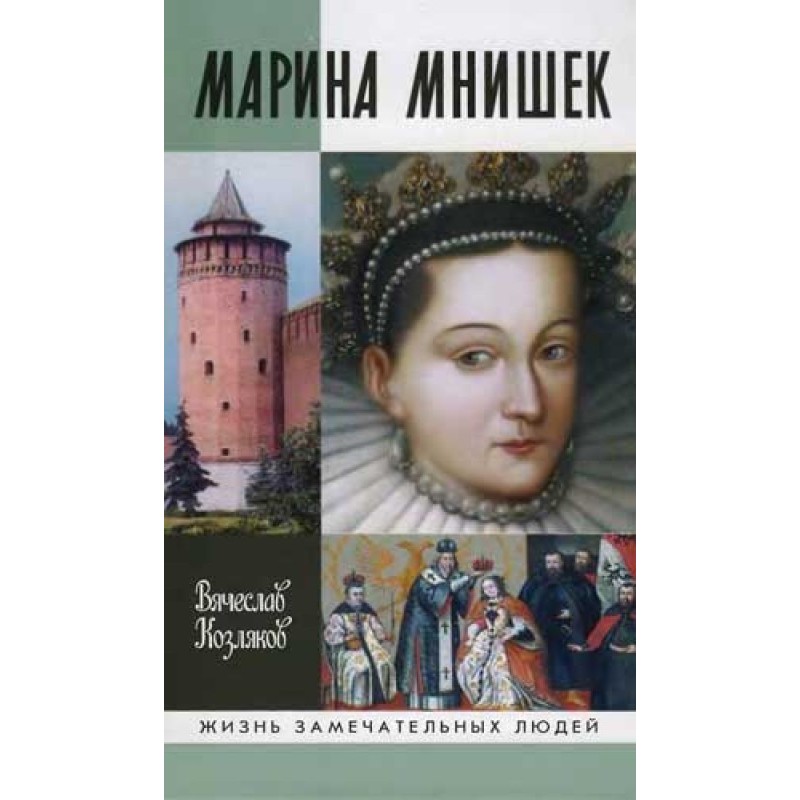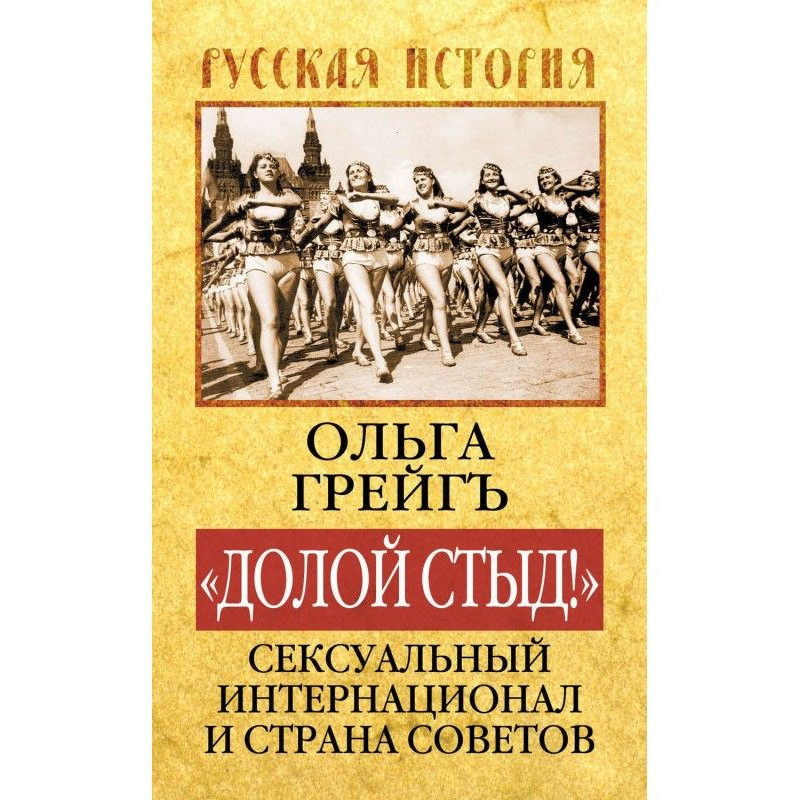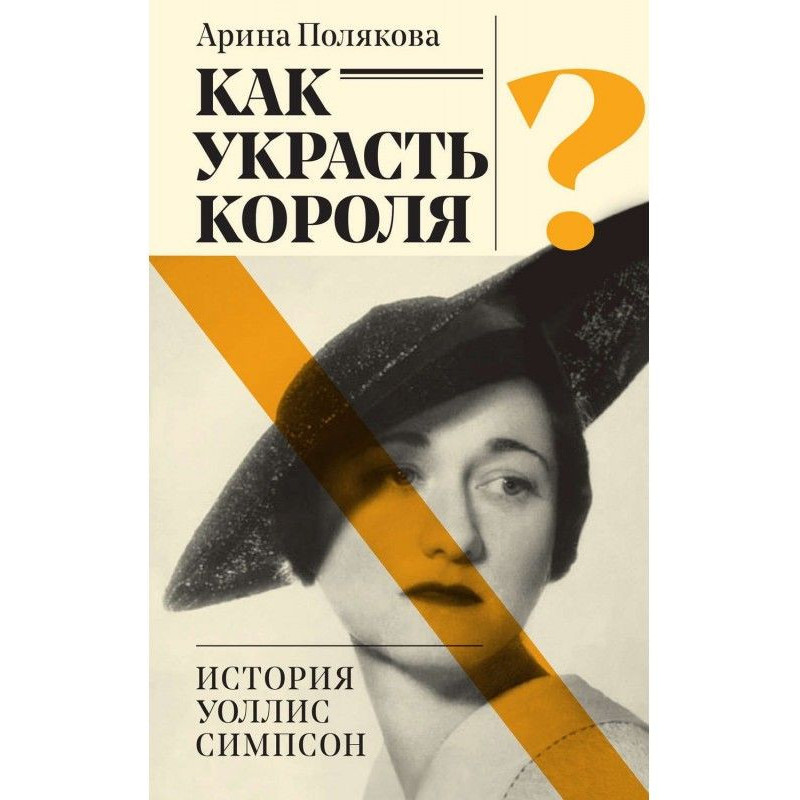Queen Evdokia, or Lamentation for the Muscovite Kingdom
 Instant download
Instant download
after payment (24/7)
 Wide range of formats
Wide range of formats
(for all gadgets)
 Full book
Full book
(including for Apple and Android)
The last Moscow queen, the rejected wife of Tsar Peter I, the nun Elena, imprisoned first in the Suzdal Intercession Monastery, and then in the bastion of the Shlisselburg fortress, and, finally, the “empress grandmother”, considered an important and influential person during her short reign grandson, Emperor Peter II - these are all different sides of the biography of the queen-nun Evdokia Fedorovna Lopukhina. But the fate of this unfortunate woman is interesting not only in itself. It, like a distorted mirror, reflected the entire Peter the Great era - undoubtedly majestic and grandiose in its achievements, but terrible for those who happened to be close to the “reformer Tsar”. One of the main victims of Peter’s reign, Queen Evdokia is an “inconvenient” figure for Peter’s apologists. After all, the attitude towards it largely determines the understanding of the history of the entire Petrine era. As soon as her name is remembered, questions inevitably arise about the cost of Peter's reforms, about what happened to people plunged into the abyss of historical changes, as well as about how necessary and possible such a decisive and irrevocable break with the traditions and heritage of Moscow was. kingdoms... The long-time author of the “Life of Remarkable People” series, Doctor of Historical Sciences, Professor Vyacheslav Nikolaevich Kozlyakov, discusses all this, drawing on a wealth of factual material.
Data sheet
- Name of the Author
- Вячеслав Козляков Николаевич
- Language
- Ukrainian
- Release date
- 2014
Reviews
Вражаюча історія, що відкриває нові грані Петрівської епохи!
Книга "Цариця Євдокія, або Плач за Московським царством" стала для мене справжнім відкриттям. Автор, В'ячеслав Миколайович Козляков, зумів вдало поєднати історичні факти з емоційною складовою життя цариці Євдокії Федорівни Лопухіної. Читання цієї книги занурює в атмосферу епохи, коли реформи Петра I змінювали не лише державу, а й долі людей, які опинилися поруч із ним. Цариця Євдокія, яка стала жертвою цих змін, постає перед читачем не лише як історична фігура, а як жінка, що пережила величезні страждання та втрати. Книга змушує задуматися над ціною реформ, які, хоч і були необхідними для розвитку країни, залишили за собою сліди болю та втрат. Важливою є також якість перекладу, що, незважаючи на деякі недоліки, не заважає насолоджуватися текстом. Рекомендую цю книгу всім, хто цікавиться історією Росії та хоче зрозуміти глибину людських переживань в умовах великих змін.

